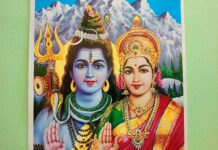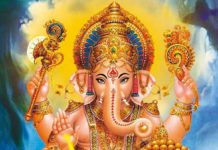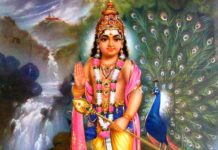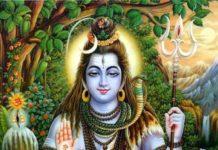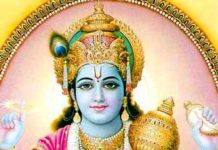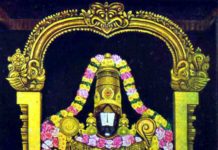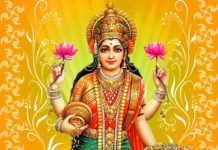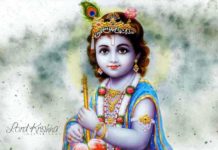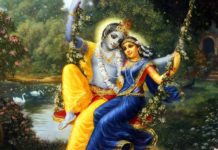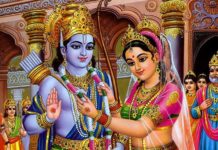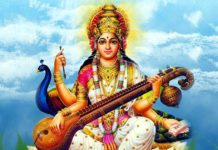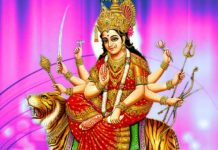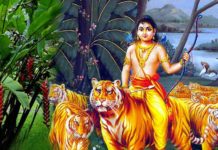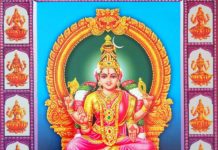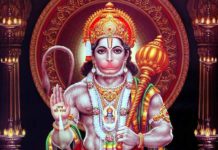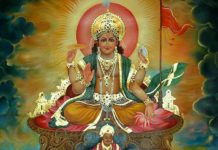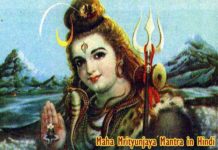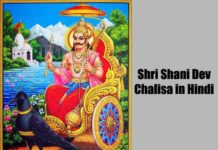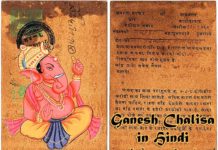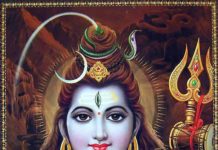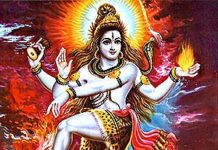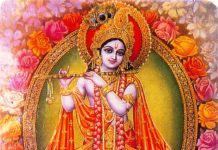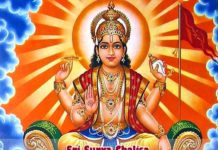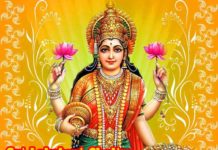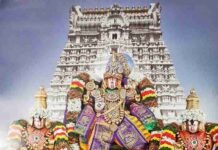Jeevit Putrika Vrat is the festival ascribed to observation of fasting by the mothers for the welfare and long life of their children. The festival is popularly celebrated in Bihar, Jharkhand, Uttar Pradesh, Uttrakhand and Nepal.
Also called as Jitiya Vrat, the festival is observed for three days spanning the Krishna Paksha Ashtami Tithi of Ashwin month for two days and the breaking of fast on the next day. For the Year 2023, the festival commences on Friday, 6th October 2023 and ends on Saturday, 7th October 2023.
The festival is called as Jeevita Putra Purva in Nepal. The Vrat fasting day is on Friday, 6th October 2023. Mostly, mothers observe nirjala fasting. The exact duration of the Ashtami Tithi is to be ascertained from the respective regional calendars.
Festival
The festival is observed in three parts.
Nahai Khai
This is the first day which invariably falls on a Krishna Paksha Sapthami day. On this day, the mothers prepare and partake of food only after bath. The food is mostly satvik and made with ghee and pink salt.
Khur Jitiya / Jeevit Putrika
This occurs on the Krishna Paksha Ashtami day. Mothers forego of water and food for the entire duration of the Ashtami Tithi.
Paran / Parana
This occurs at the end of the Ashtami Tithi. On this occasion, feast is prepared with various delicacies, offered as neivedyam to the Deities and distributed as prasadam.
Belief
It is believed that observation of this vrat ensures the health, well-being and prosperity of the children.
Legend
There are a few legends pertaining to the celebration of this festival. A few of them are narrated below.
King Parikshith
During Maha Bharatha war, Ashwathaama, the son of Dronacharya, had killed the sons of Pandava brothers including Abhimanyu, the son of Arjun. Abhimanyu’s son Uthara was carrying her son at that time. As a coward, Ashwathama had killed the unborn baby also.
However, Bhagwan Krishna made the unborn child alive again. That child was named as Jeevit Puthra on birth. He was then renamed as King Parikshith.
Hence mothers observe the Vrat for the welfare and long life of their children in memory of Jeevit Puthra.
Jimuth Vahan
A Gandharva King named Jimuth Vahan had handed over his Kingdom to his brothers. He want to go in exile and take care of his ailing father at the forest.
He and his forest went to the forest. There, he saw an old woman crying. Jimuth Vahan asked her the reason. She said that she belonged to the Naga family and as per the trait, each of the Naga family should offer one of its offspring to Garuda as food; The next day was her turn; She was left with only son and she had to sacrifice him.
After listening to this, Jimuth Vahan consoled her and told her that he would take her son’s place and go as the sacrifice. The old woman was grateful.
Jimuth Vahan went to the appointed place. Garuda came down and attacked him. Jimuth Vahan did not even stir from his place. Garuda was impressed with the man’s bravery and told him that he would be granted a boon.
Jimuth Vahan then asked for a boon whereby Garuda would stop attacking Naga families. Garuda also had agreed.
Since then, on hearing this story, mothers observe nirjal fast for the health and welfare of their children.
Fox and Eagle
A female fox and a female eagle were friends. They saw a few women performing the Puja and Vrat at Narmada river bank. They went and asked the devotees as to the significance. The friends duo also wanted to do the Puja and Vrat. So, they also observed the Vrat. However, the fox could not curtail its hunger and ate the food during the Vrat. So only the children of the eagle had a long and healthy life. This story had also induced the observence of the Vrat.
Rituals
On all the three days, women raise before sunrise and take holy bath. They deck up the Puja place at home with Devatha idols, flowers, lamps and incense sticks. On Sapthami day, they partake of only sattvic food. For the entire duration of the Ashtami Tithi, they observe Vrat by foregoing both food and water. At the end of the Ashtami, they take bath and prepare sumptuous feast and offer to God as Neivedya. There is also a practice of offering Argya to Bhagwan Surya at the end of the Vrat. The Neivedya Prasadam is then distributed to all.




